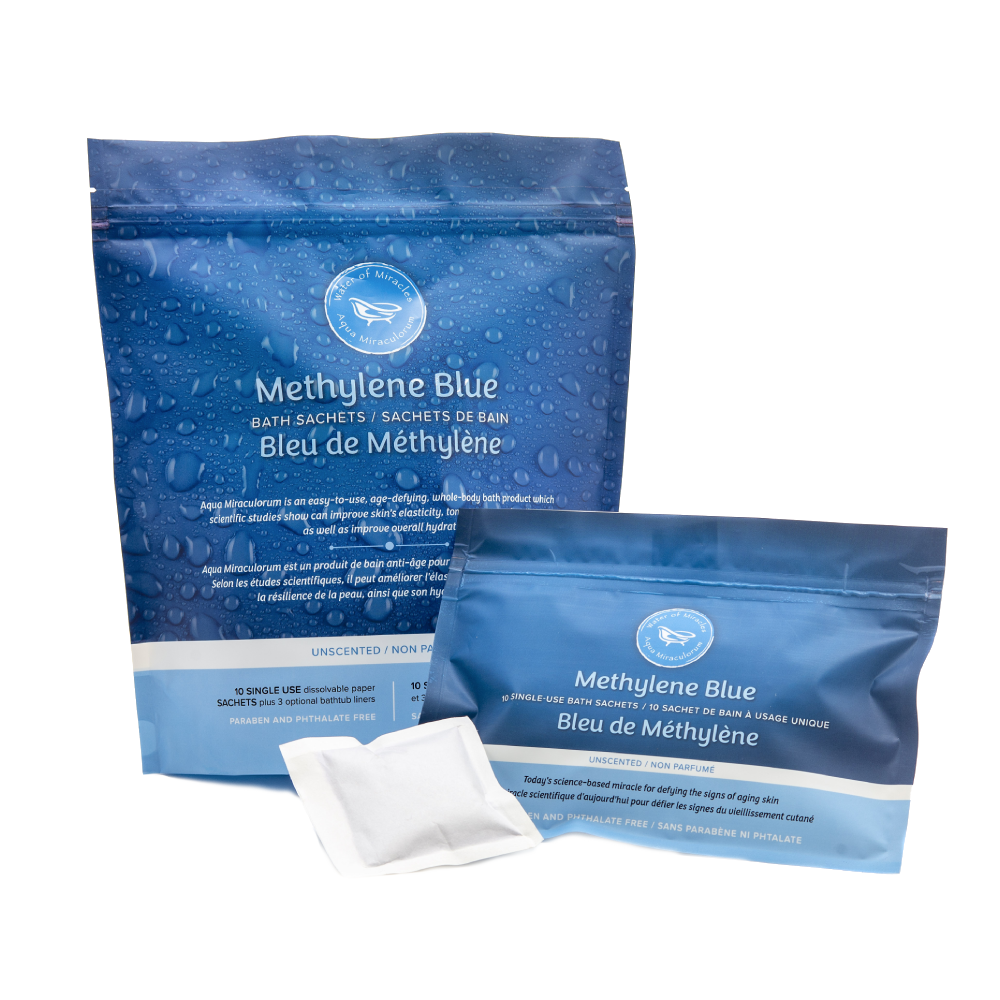While we often talk about wrinkles, fine lines, and dryness, thin skin is one of the more concerning aspects of aging that can affect your overall health and quality of life. Far more than being just a cosmetic issue (though there’s no denying that it does affect our appearance), thin skin leaves us vulnerable to cuts, bruises and other injuries that can lead to infection and serious illness.
While we can’t prevent our skin from thinning over time, we can slow the process and protect ourselves with the right knowledge and practices.
Below, we’ll take a closer look at what you need to know about the dangers of thin skin and how you can protect yourself as you age. Read on to learn more!
Thin skin is a well-known effect of aging, and is particularly common on certain areas of the body including arms, hands, legs, and neck. Thin skin is a natural result of our body producing less collagen and elastin, two key structural proteins that give our skin strength and shape, as we get older. As we lose our reserves of collagen and elastin, as well as the subcutaneous fat that lies beneath our outer dermis (the top layer of our skin), the skin loses it’s structure and thickness, becoming more fragile over time.
In addition to the natural aging process, other external factors contribute to the thinning of the skin, including:
Sun damage is one of the biggest contributors to thin skin, as well as a myriad of other skin issues including increasing your risk of skin cancer and more. Prolonged expsoure to UV rays accelerates collagen and can expedite the thinning of our skin.
While we can’t change our genetic makeup, our genes do play a key role in determining how fast certain signs of aging, including thinner skin appear. Some individuals are prone to thinner skin in general, which often accelerates with age.
Certain medications used over long periods of times such as corticosteroids and those that weaken the skin’s natural defenses to UV rays can thin skin over time.
Finally, as the old saying goes, “you can’t outrun an unhealthy lifestyle”. Smoking, poor nutrition, and a lack of hydration can exacerbate the thinning of our skin by afecting collagen production and overall body health, which influences the health of our skin in turn.
While thin skin might sound like a minor issue, especially if it’s “unavoidable” in the long run, it’s still something to be aware of and concerned about, especially as we approach our senior years. Thin skin poses several health considerations for seniors, and is prone to discomfort and injury like being easily bruised, increased chances of cuts and tearing, slower healing, and increased sensitivity to environmental factors and irritants found in general skincare products.
Read more: How Aging Impacts Skin Health
Knowing how to care for thin skin is one of the best ways to avoid the negative effects described above. Just like any type of personal care, it’s important to take a proactive approach, adapt over time, and prioritize consistency for the best results. Key ways to defend against thin skin include:- Hydrate your body, both by drinking water and using a good moisturizer all year round.
– Apply a sunscreen of at least SPF 30 daily to shield your skin from UV rays and use protective clothing where possible.
– Focus on nutrition and leading a healthy lifestyle, incorporating daily exercise, a good sleep schedule, healthy diet and more.
– Be gentle! Much of today’s skin advice involves harsh products and practices that often do more harm than good to our skin’s protective barrier, especially in the long run. Stay away from products with strong chemicals and fragrances to avoid unnecessary irritation.
– Add antioxidants to your skincare routine. Antioxidants help promote cellular turnover, which is integral to protecting our skin. These ingredients, such as vitamins C and E, are known to support skin repair and reduce inflammation.
At Bloo Pharmaceutica, we understand the challenges that come with aging skin, especially when it comes to fragile skin. We’re pleased to introduce our new Aqua Miraculorum bath product, which harnesses the power of Methylene Blue to help restore elasticity and resilience, improve your skin tone and texture, and leave your skin feeling lifted and firmer after use.
Aqua Miraculorum can easily be added into your bath water for a relaxing, luxurious soaking experience that treats your whole body. Learn more about our incredible new product here, and order your Aqua Miraculorum today!
NAVIGATION
FOLLOW US ON

Methylene Blue is a 140+ year old synthetic first created in 1876, which is safely used within a wide range of modern applications to this day, including earning a place on the W.H.O. essentials list. Aqua Miraculorum with Methylene Blue is for bathing use only and is formulated with the optimal concentration of USP grade Methylene Blue.
Methylene Blue is the cornerstone and active ingredient of Aqua Miraculorum, The Water of Miracles, due to its profound ability to transform skin quality. From improving skin tone and texture to aiding in the fight against dry and fragile skin, the topical whole body use of Methylene Blue offers a new dimension providing help to those suffering from a loss of skin resiliency and elasticity.